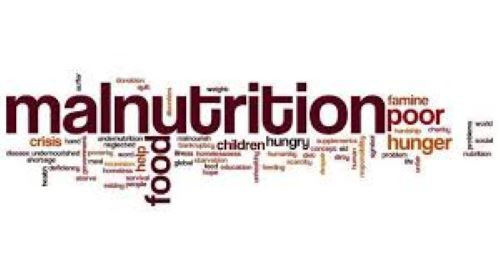Microsoft Co-founder Bill Gates has emphasized that improving agricultural productivity is crucial to addressing malnutrition, particularly in Sub-Saharan Africa.
Speaking on Tuesday at Nutrivision 2024, a Pan-African Youth Dialogue on Nutrition held at Nile University in Abuja, Gates, who also serves as Co-Chair of the Bill & Melinda Gates Foundation, highlighted the importance of making food more available at lower costs and utilizing better seeds to combat malnutrition, which he identified as a major barrier to realizing human potential.
“If you are malnourished, you are at a much higher risk; if you contract malaria or diarrhea, you are doubly at risk of dying from those illnesses. Even if you survive, you are not going to perform as well as you deserve in your education or any other activities,” Gates explained.
He further discussed the issue of stunting, a condition where children do not reach their expected height for age due to malnutrition. According to Gates, one of the most effective ways to tackle this issue is by improving agricultural productivity. “Malnutrition partly stems from a lack of access to low-cost foods, particularly milk. By making food more available at a lower cost and using better seeds, we can combat this issue. We also need to consider the impact of climate change and develop seeds that can thrive with less water or in conditions where there is too much water, ensuring high productivity,” he said.
Gates pointed out that a significant number of people in Sub-Saharan Africa remain undernourished, and the situation is not improving. He expressed concern that high inflation in Nigeria and other countries is exacerbating the challenge of reducing malnutrition, especially regarding access to quality food.
He noted that malnutrition is often a complex issue, with some children having access to enough food but not receiving the necessary nutrients due to poor diet quality. Gates stressed that since malnutrition begins early in life, one of the best strategies to combat it is to support mothers before and during pregnancy. He added that many of the foundation’s interventions focus on providing this support.
“New Micronutrient Supplements (MMS) have been added to the ones pregnant women receive during prenatal visits. I’ve just learned that three million bottles of MMS will be arriving in the country to help reduce two million cases of maternal anaemia and save the lives of 70,000 babies. Soon, mothers will have access to these vital vitamins,” Gates announced.
He expressed his excitement about the Gates Foundation’s increased investment in nutrition but acknowledged that solving malnutrition is not straightforward. He emphasized the importance of collaboration between the health and agricultural sectors to address this challenge effectively.


